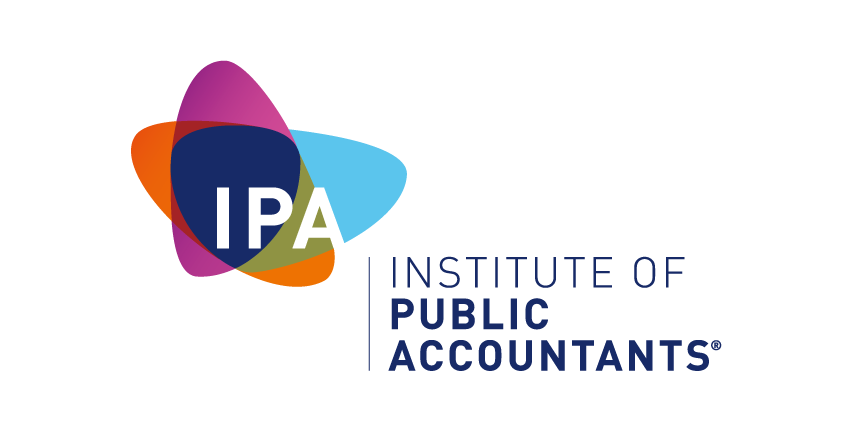Billions in community grants used to secure election votes, new report reveals
A new report has found that billions of dollars in federal community grants have been strategically allocated to secure votes in recent elections, rather than to boost critical community services as intended.
The findings from the IPA-Deakin SME Research Centre research reveal a clear link between grant distribution and election cycles, raising serious concerns about fairness, transparency, and accountability in government spending.
The report examined the extent to which community grants were subject to distributive politics or 'pork-barrelling' (the use of government funds for local projects designed to influence voters or constituents in a particular district or region) close to election times from 2018 to early 2025.
It found that government-held marginal electorates consistently receive a disproportionate share of funding, while opposition-held seats—particularly safe ones—receive significantly less support.
A surge in grant approvals by the government of the day was observed in the 12 months leading up to the 2019 and 2022 federal elections, while funding priorities shifted post-election depending on the administration in power.
Whilst community grants are intended to fund critical services such as childcare, aged care, disaster relief, and local development, the report suggests that political considerations often influence where and how funds are allocated.
Institute of Public Accountants CEO, Andrew Conway, stressed the importance of ensuring public funds serve communities, rather than political interests.
'Community grants should be allocated based on need, not used as a political tool,' Mr Conway said.
'This report highlights a troubling trend where funding decisions appear to be influenced by election cycles rather than genuine community priorities.
'This misuse of taxpayer dollars undermines public trust and calls for urgent reform. Stronger transparency, accountability, and independent oversight are essential to restore integrity to the grants process.'
Deakin University's Executive Dean of Business and Law, Professor Jenni Lightowlers, echoed these concerns, calling for urgent policy reforms.
'Public funds should be spent transparently and fairly to support those who need them most,' Professor Lightowlers said.
'Instead, this report provides strong evidence that governments have used taxpayer money to strengthen their electoral prospects rather than improve the lives of Australians.'
'Stronger oversight measures and legislative safeguards are essential to prevent politically motivated grant allocations and restore trust in government spending.'
Key Findings:
- Approximately 10,500 community grants are awarded annually, with an average total value of $4.9 billion, amounting to over $49 billion in funding across the studied period.
- Marginal seats held by the government consistently received a disproportionate share of funding before federal elections, while safe opposition-held seats were allocated fewer grants.
- A surge in grant approvals occurred in the 12 months leading up to the 2019 and 2022 federal elections, with funding priorities shifting post-election.
- Discretionary grants, where ministers have direct control over funding decisions, showed the strongest correlation with political influence, often bypassing competitive or merit-based processes.
- Audits by the Australian National Audit Office have repeatedly flagged concerns about grant administration, yet enforcement remains weak, allowing governments to allocate funds with little scrutiny.
Key Recommendations:
- Increase transparency and accountability by implementing independent oversight, expanding competitive merit-based grant processes, and requiring public justifications for funding decisions.
- Close legislative loopholes by introducing a legal definition of 'pork-barrelling' and strengthening laws to prevent politically motivated grant allocations.
- Improve public access to grants data by enhancing the GrantConnect platform and establishing a national public grants database to allow real-time tracking of funds.
- Introduce stronger enforcement measures by expanding the role of independent auditors, such as the Australian National Audit Office, to investigate funding decisions and hold decision-makers accountable for misuse of public funds.
About the IPA-Deakin SME Research Centre
The IPA-Deakin SME Research Centre provides cutting-edge SME research, transformative training, and strategic policy advocacy to foster sustainable growth, innovation and global competitiveness. Our applied research and initiatives are shaping the future of SME ecosystems through impactful partnerships and thought leadership, with a strategic focus on the following areas: wellbeing, business sustainability, leadership and growth, internationalisation, innovation, and digital transformation. The Research Centre is sponsored by the IPA.
Media contacts:
Michelle Courtney
Lead, Communications (Business and Law)
Deakin University
M: 0439 431 989
E: [email protected]
Yulia Fokina
Media and Communications Manager
Institute of Public Accountants
M: 0419 540 936
E: [email protected]
